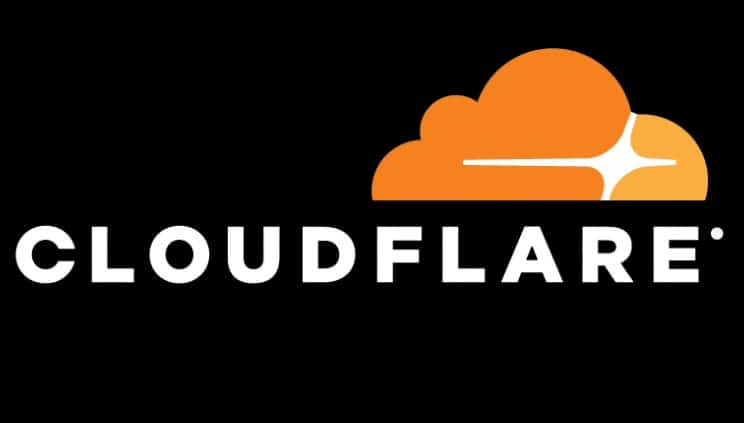
Internet users can take advantage of the company’s open DNS resolver 1.1.1.1, for example, or use its Ethereum and IPFS gateways to access content on these decentralized web services.
Takedown Notices
When it comes to copyright complaints, Cloudflare makes a clear distinction between content it permanently hosts, and services where it acts as a pass through. In the latter case, DMCA takedown notices are typically forwarded to customers’ hosting providers.
This means that, when rightsholders send Cloudflare a takedown request for Pirate Bay content, Cloudflare doesn’t interfere with its CDN services. Instead, it forwards the notice to Pirate Bay’s hosting provider, which is typically concealed for outsiders.
Cloudflare does take action in the relatively rare cases where it hosts content. According to the latest transparency report, the company received 376 DMCA notices in the most recent reporting period, and took action in 252 instances.
The transparency report is not exactly up-to-date, as the latest figures apply to the first half of 2023. However, one of the trends in this report is very timely, and related to a noteworthy change at Cloudflare’s IPFS service.
IPFS Complaints
Cloudflare’s IPFS gateway doesn’t host or control any content, but there has been no shortage of IPFS-related complaints.
While contentious content is in no way controlled by Cloudflare, the San Francisco company takes IPFS abuse notices, which include copyright complaints, rather seriously. The same also applies to the Ethereum gateway, which offers easy read-and-write access to the Ethereum network.
As Cloudflare can’t remove anything, it disables access to IPFS content though its gateway in response to abuse reports. In the first half of 2022 this happened 1,073 times, followed by 1,142 actions in the second half of that year. After that, abuse reports skyrocketed.
According to Cloudflare’s latest transparency report, the company took action in response to 10,139 abuse reports in the first half of 2023, roughly a tenfold increase compared to previous periods.

The increase in IPFS takedown requests is notable but for Cloudflare, the problem will be relatively short-lived. The company recently announced that it will cease operating its public IPFS and Ethereum gateways. As mentioned in the transparency report, the gateway will switch over to the IPFS foundation.
“In 2024, Cloudflare’s IPFS and Ethereum gateway traffic will be transitioning to IPFS Foundation’s gateway. It will be maintained by the Interplanetary Shipyard team, an independent entity of IPFS core developers and maintainers,” Cloudflare writes.
Interplanetary Shipyard
The gateway transition started last month and is currently in progress. For now, all cloudflare-ipfs.com and cf-ipfs.com links will redirect to ipfs.io or dweb.link, but in August, these old links will cease to function entirely.
“It is important to Cloudflare, IPFS, and Shipyard that this transition is completed seamlessly and with as little impact to users as possible,” Cloudflare previously noted.
“We believe the IPFS gateway transition will boost ecosystem collaboration, increase protocol resiliency, and ensure healthy stewardship and governance.”
Going forward, Cloudflare’s IPFS gateway will switch over to the Interplanetary Shipyard’s version. Interplanetary Shipyard is a community-driven collective made up of core IPFS developers, partly supported by Cloudflare.
The transition likely means that IPFS takedown notices will disappear from future Cloudflare transparency reports, since any copyright complaints will be handled by the Shipyard team.
It’s not clear how the Shipyard will handle copyright complaints. Technically, these gateways don’t store any content. The EFF previously helped the operator of IPFS gateway Hardbin to respond to takedown requests, denying liability for third-party copyright infringements.





